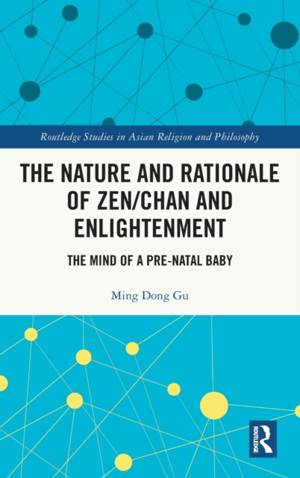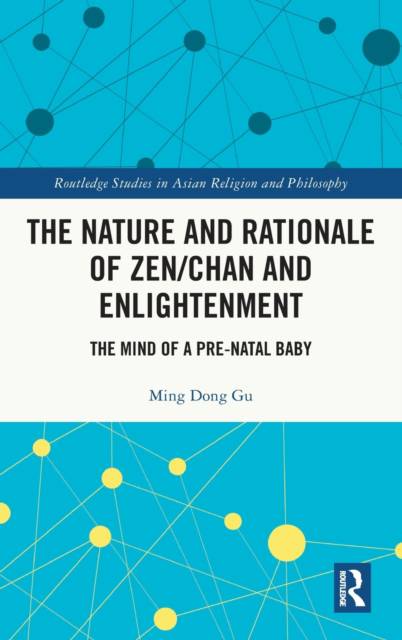
- Afhalen na 1 uur in een winkel met voorraad
- Gratis thuislevering in België vanaf € 30
- Ruim aanbod met 7 miljoen producten
- Afhalen na 1 uur in een winkel met voorraad
- Gratis thuislevering in België vanaf € 30
- Ruim aanbod met 7 miljoen producten
Omschrijving
This book initiates a paradigm shift away from Zen/Chan as quintessentially Buddhist and examines what makes Chan thought and practice unique and original through an interdisciplinary investigation of the nature and rationale of Chan and its enlightenment.
Exploring how enlightenment is achieved through Chan practice and how this differs from other forms of Buddhism, the book offers an entirely new view of Chan that embraces historical scholarship, philosophical inquiry, textual analysis, psychological studies, Chan practice, and neuroscientific research and locates the core of Chan in its founder Huineng's theory of no thinking which creatively integrates the Taoist ideas of zuowang (forgetting in seated meditation) and xinzhai (fast of heart-mind) with his personal experiences of enlightenment. It concludes that Chan is the crystallization of an innovative synthesis of Buddhism, Daoism, and Confucianism as well as other resources of somatic and spiritual cultivation, and that enlightenment is a momentary return to the mental state of a baby before birth.
This book will appeal to students and scholars of religion, philosophy, and neuroscience. It will also offer new insights to thinkers, writers, artists, therapists and neuroscientists as well as those practicing Zen, Mindfulness, and psychotherapy.
Specificaties
Betrokkenen
- Auteur(s):
- Uitgeverij:
Inhoud
- Aantal bladzijden:
- 224
- Taal:
- Engels
- Reeks:
Eigenschappen
- Productcode (EAN):
- 9781032497631
- Verschijningsdatum:
- 14/07/2023
- Uitvoering:
- Hardcover
- Formaat:
- Genaaid
- Afmetingen:
- 156 mm x 234 mm
- Gewicht:
- 526 g

Alleen bij Standaard Boekhandel
Beoordelingen
We publiceren alleen reviews die voldoen aan de voorwaarden voor reviews. Bekijk onze voorwaarden voor reviews.











